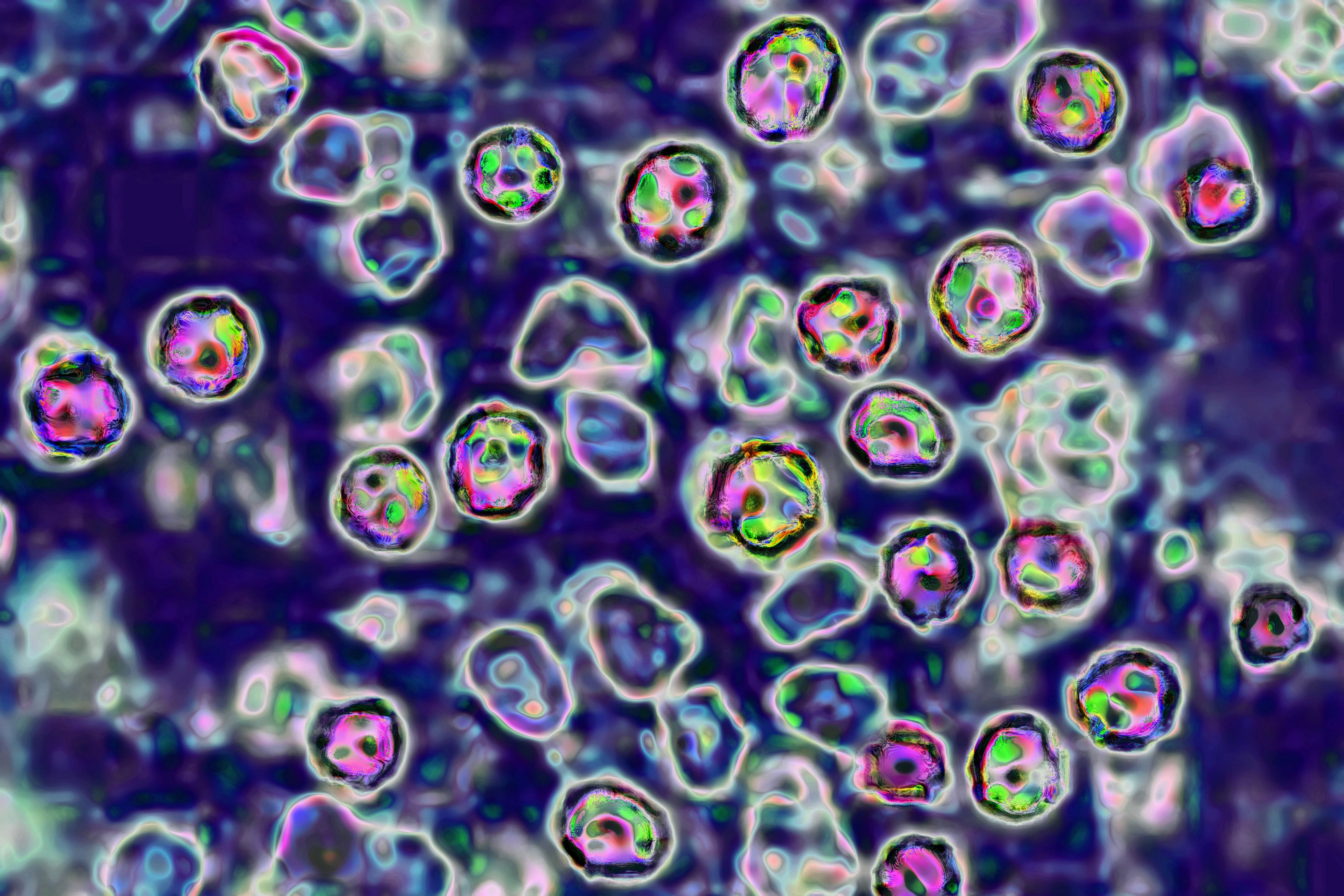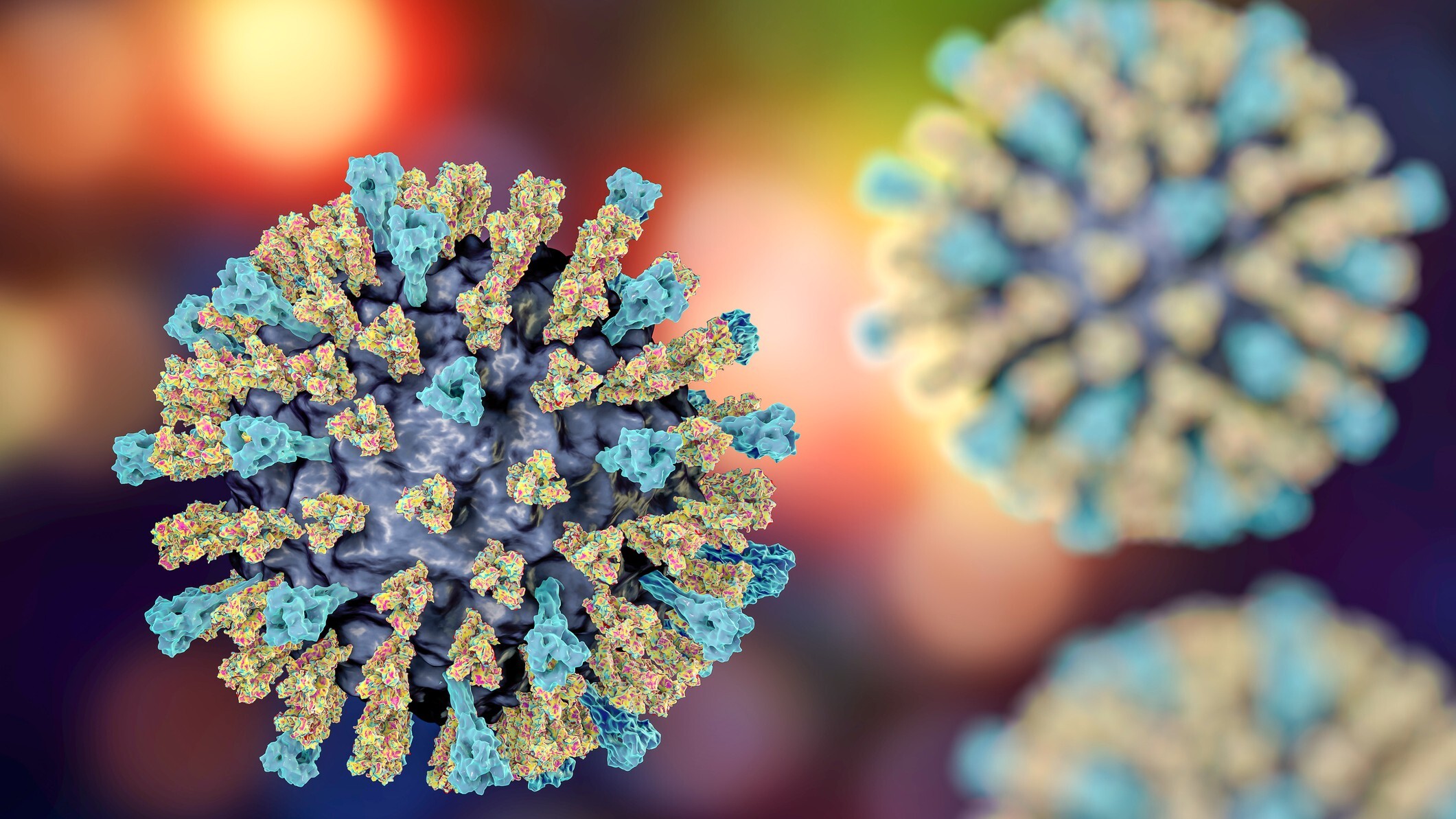The Chicago Department of Public Health confirmed that two new measles cases were detected on Wednesday, bringing the citywide total to 10 as state and city health officials work to stem the spread of the highly infectious virus.
Both of the new cases were reported in children, with one of the children being a resident of the Pilsen migrant shelter where eight of the 10 confirmed cases are. The other case was reported to be "elsewhere in Chicago."
According to the Chicago Tribune, one of the two new cases involves a student at Cooper Dual Language Elementary Academy.
The announcement comes one day after Illinois officials announced that they were "mobilizing resources" after three new cases of measles were reported inside a Chicago migrant shelter, bringing the total number of cases in the city to eight.
Feeling out of the loop? We'll catch you up on the Chicago news you need to know. Sign up for the weekly Chicago Catch-Up newsletter here.
According to the Illinois Department of Public Health, Gov. J.B. Pritzker directed the department, alongside the Illinois Department of Human Services and Illinois Emergency Management Agency, to assist Chicago and Cook County officials in containing the spread of the virus.
Of the eight cases, one was unrelated to new arrivals while the other seven have been detected inside a Pilsen migrant shelter.
“IDPH is working to coordinate state assistance to support our local public health partners as they contend with a measles outbreak that reflects an ongoing national rise in measles this year,” IDPH Director Dr. Sameer Vohra said. “While the vast majority of Chicago and Cook County residents are vaccinated for measles and not at risk, we strongly support the call from the Chicago Department of Public Health for all unvaccinated residents to get the measles/mumps/rubella (MMR) vaccine now. Measles is highly contagious and can cause serious complications for those that are non-immunized.”
Though the cases are currently in Chicago, Cook County Department of Public Health Chief Operating Officer Dr. LaMar Hasbrouck said health officials are currently tracking nearly 100 people who were potentially exposed to the virus.
In addition to assisting their Chicago counterparts with isolation and quarantine solutions, Illinois health officials are also providing infection control assessments at quarantine sites, medical assessments and assistance with testing.
The new cases come as a team from the Centers for Disease Control and Prevention arrived at the Pilsen shelter on Tuesday in an effort to curb the spread of the highly contagious virus.
Health officials said case investigations for those infected are ongoing to determine if any unvaccinated individuals were in contact with them while they were infectious.
“While we’re seeing new cases every day, this is not like the COVID-19 outbreak. The vast majority of Chicagoans are vaccinated against measles and therefore not at high risk,” CDPH Commissioner Dr. Olusimbo ‘Simbo’ Ige said. “But those who are unvaccinated need to take precautions and if they’re exposed, quarantine immediately and connect with your healthcare provider. Above all else, get vaccinated so you, too, can be protected from this virus.”
Health officials are encouraging all new arrivals and all previously unvaccinated Chicagoans to receive the measles-mumps-rubella (MMR) vaccine.
Officials said that approximately 900 residents inside the Pilsen shelter have received the vaccine in recent days while confirming immunity for the others, meaning they were either previously vaccinated or infected.
According to Chicago health officials, the U.S. is experiencing a "resurgence" of measles, with cases being confirmed in 17 different states amid the current outbreak.
The MMR vaccine is available at most clinics, medical provider’s offices and pharmacies. Children 6 months and older can get vaccinated, while children 7 and older can also get the MMR shot at pharmacies under Illinois law.
A first dose of the MMR vaccine is recommended at 12 months of age while a second dose is recommended at 4 to 6 years old.
Adults who aren't sure if they're vaccinated against measles should contact their health care provider. For more information about measles and how you can protect yourself, visit the CDC website.



